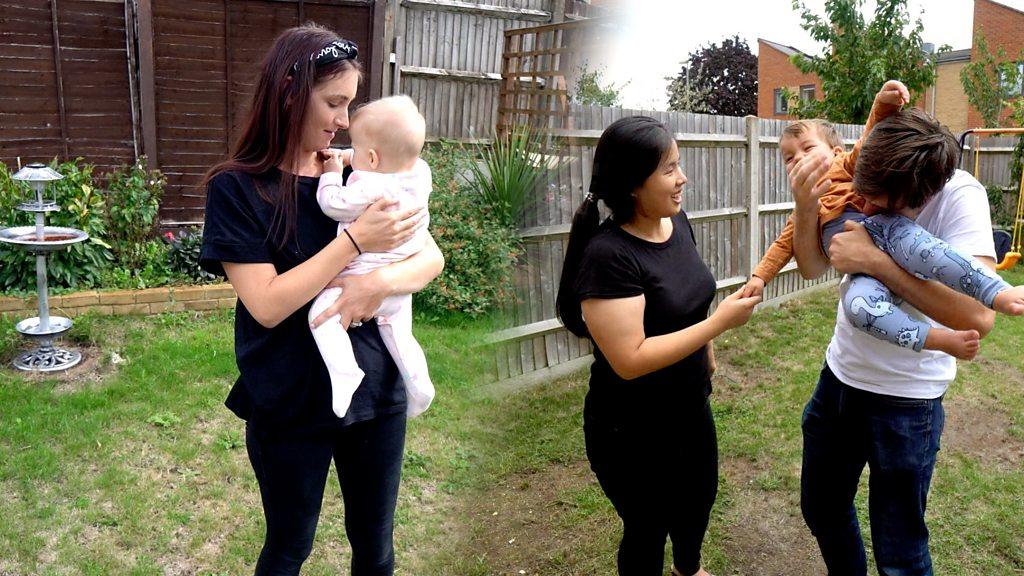Coronavirus: How will it affect my pregnancy, scans and the birth?
- Published
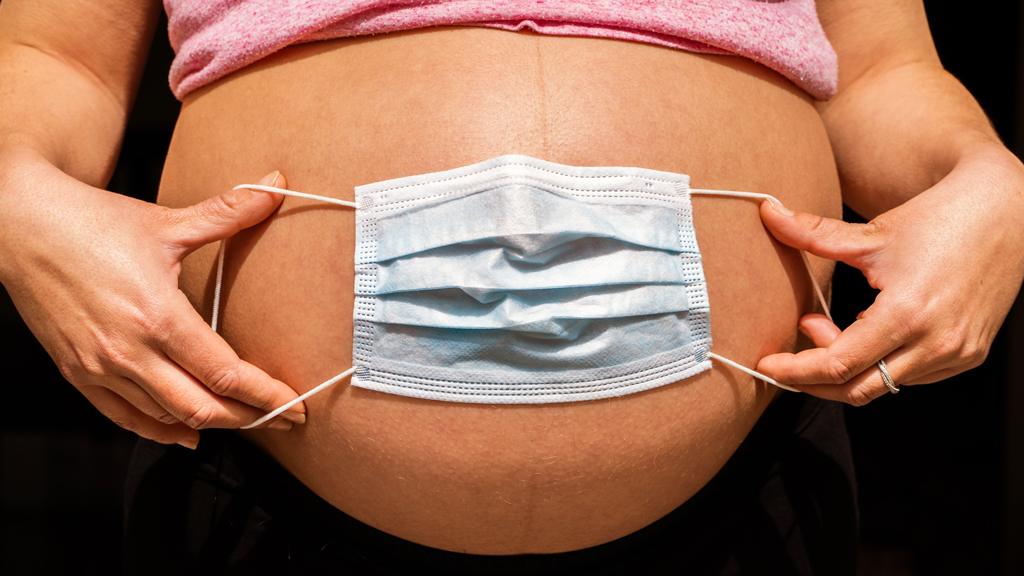
When the pandemic hit, restrictions were introduced on partners attending pregnancy appointments and births.
Now - with many lockdown restrictions lifted - some people are questioning why they can go to the pub, but may not be able to share such important life moments.
What are the Covid-19 rules when you are pregnant?
I'm expecting a baby - is getting coronavirus dangerous?
The NHS says there's "no evidence pregnant women are more likely to get seriously ill from coronavirus".
Most will experience mild or moderate symptoms, like any other healthy adult.
But pregnant women have been included in the list of people who are clinically vulnerable, as a precaution.
This is because coronavirus is still not fully understood, and pregnancy makes you more vulnerable to some other viruses.
If people do become seriously ill during pregnancy, research suggests it's most likely to be in the third trimester.
Why couldn't I have anyone with me at my appointments?
As the coronavirus pandemic spread, there was a major focus on protecting the NHS - to make sure it was not overwhelmed and that hospitals and GP surgeries didn't become a source of infection spread.
The aim was to minimise the number of people with possible Covid-19 coming into healthcare settings and spreading the virus to staff and patients.
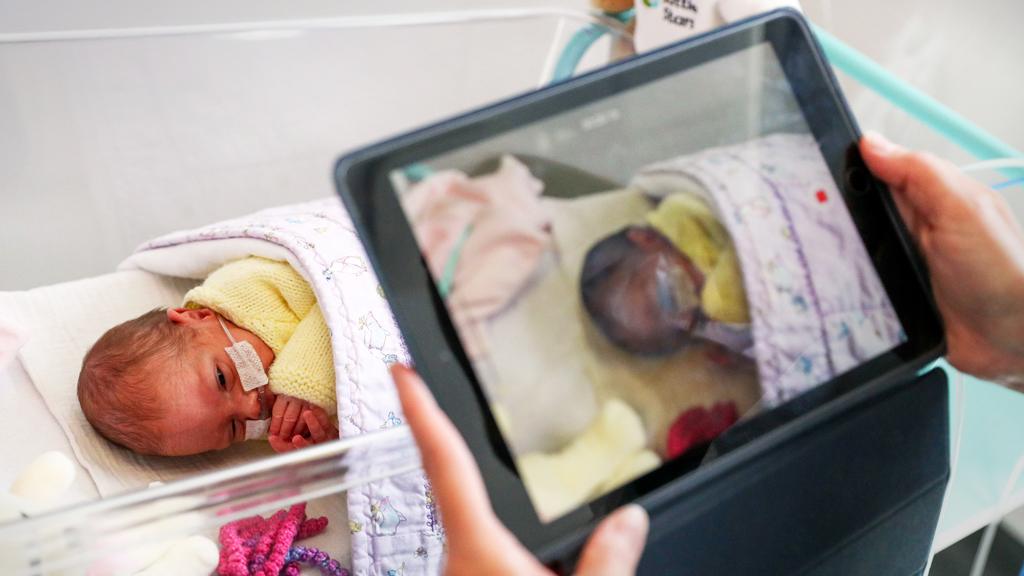
Some parents who were not allowed to visit were able to see their newborns on video
The rules have now been relaxed to a certain extent - although to help keep hospitals "Covid-secure", visitor numbers are limited and people coming in for surgery are being asked to have a coronavirus swab first.
But posts on social media, external have questioned the consistency of the rules - especially when compared to the relaxation of other Covid-19 restrictions.
So can I have a partner with me when I give birth?
Across the UK, mothers should be allowed to have a birth partner with them for the duration of labour - provided the partner doesn't have any Covid symptoms.
At the height of the pandemic this wasn't the case.
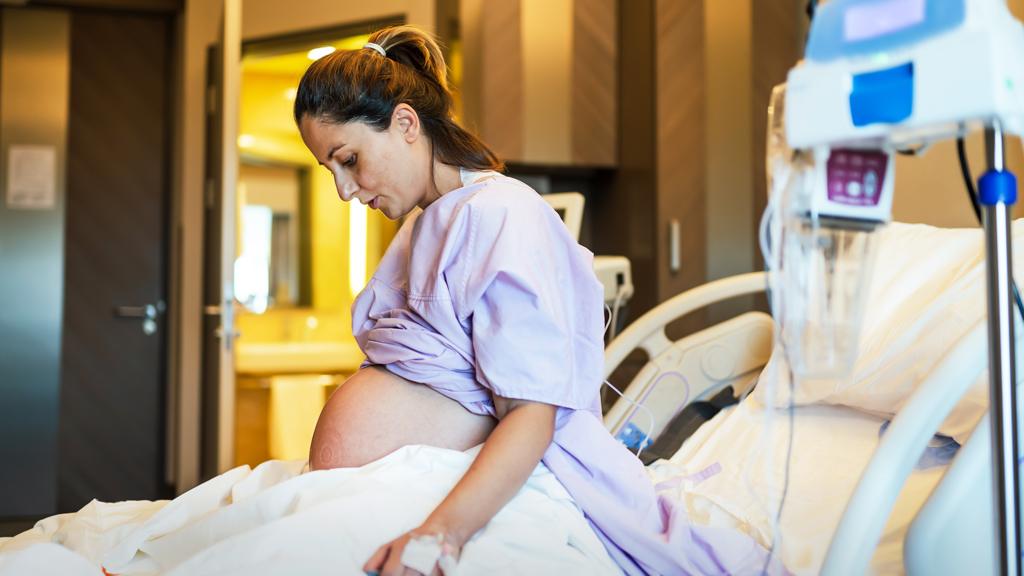
Partners may only be able to stay during active labour and birth. After a few hours, they would then be asked to leave.
It depends which hospital you're in and in which part of the UK you live.
In England, it is currently down to individual hospitals to decide, but NHS England says you can "expect to have a birth partner of your choice"., external
In Wales, external and Northern Ireland,, external current government guidance states you are allowed to have one person with you.
In Scotland, you should be able to have a second birth partner, external if you want. You can also have an additional "designated visitor" after the birth.
What about other appointments - like scans?
You might see some changes in your maternity care, for example some midwife appointments may take place online or over the phone.
When it comes to scans, in England you might have to go on your own, but it will depend on your local NHS.
The blanket ban on visiting patients or accompanying them to appointments in England was lifted on 5 June. It's now left up to individual NHS authorities to decide.
Across Scotland, you can now choose one person to attend all your appointments with you.
In Wales and Northern Ireland, national guidance states your birth partner can come with you to two key scans, at around 12 and 20 weeks.
Do I have to give birth in a hospital?
Usually, you have the right to choose to give birth at home or in a midwife-led unit.
Midwife-led pregnancy charity Tommy's says, external that while some NHS trusts and health boards had to pause these services, "most... have now been reinstated".
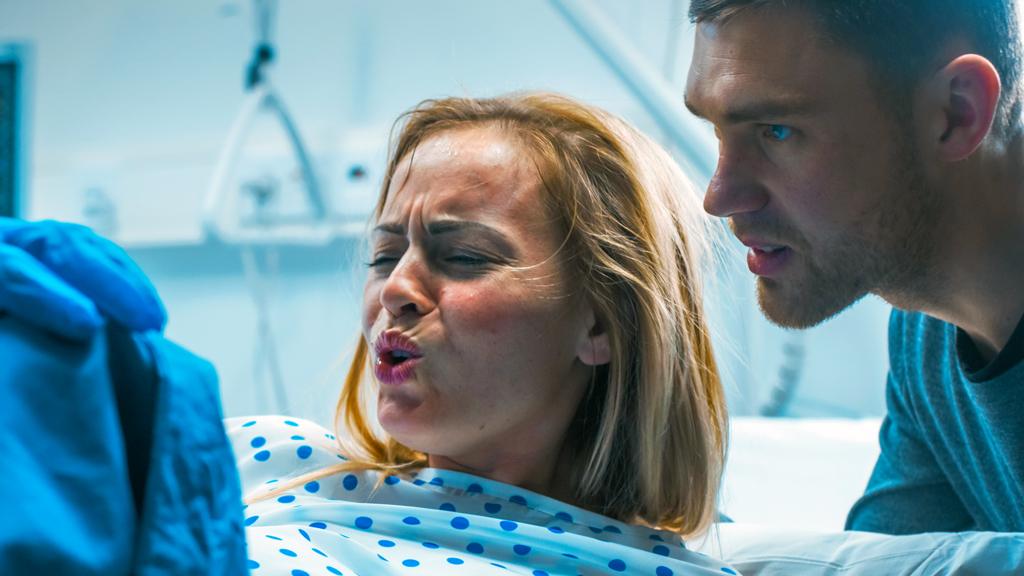
But local NHS services will only make these out-of-hospital options available if they can guarantee they are safe, which includes having enough staff and ambulances in case you need urgent care.
Check with your local maternity team whether these services are available in your area.
Who can be my birth partner?
You can nominate whoever you like to be your birth partner.
The only restrictions are on how many people can come into the hospital, and whether they have any coronavirus symptoms.
How can I find out more?
For more information you should speak to your midwife, district nurse or maternity team.

SOCIAL DISTANCING: What are the rules now?
SUPPORT BUBBLES: What are they and who can be in yours?
FACE MASKS: When do I need to wear one?
THE R NUMBER: What it means and why it matters

- Published3 August 2020
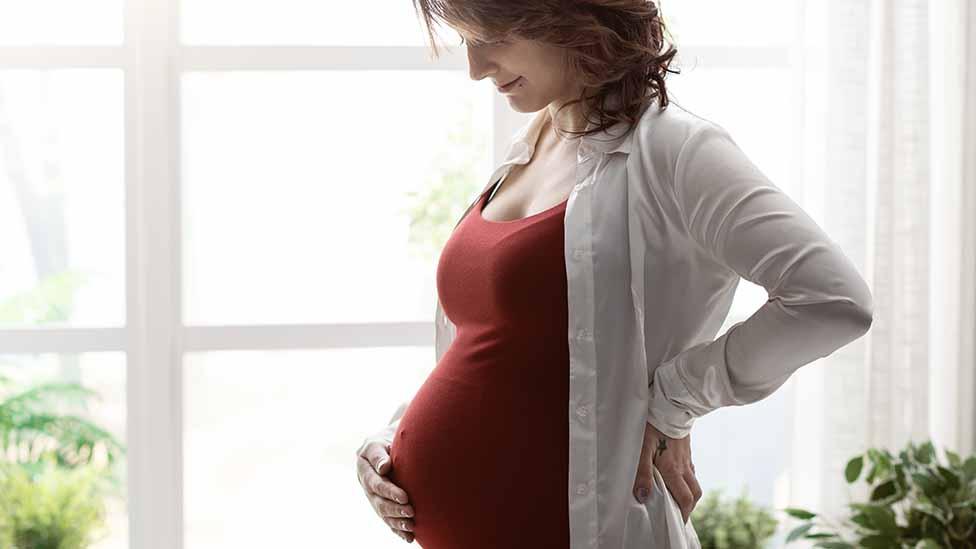
- Published4 September 2020
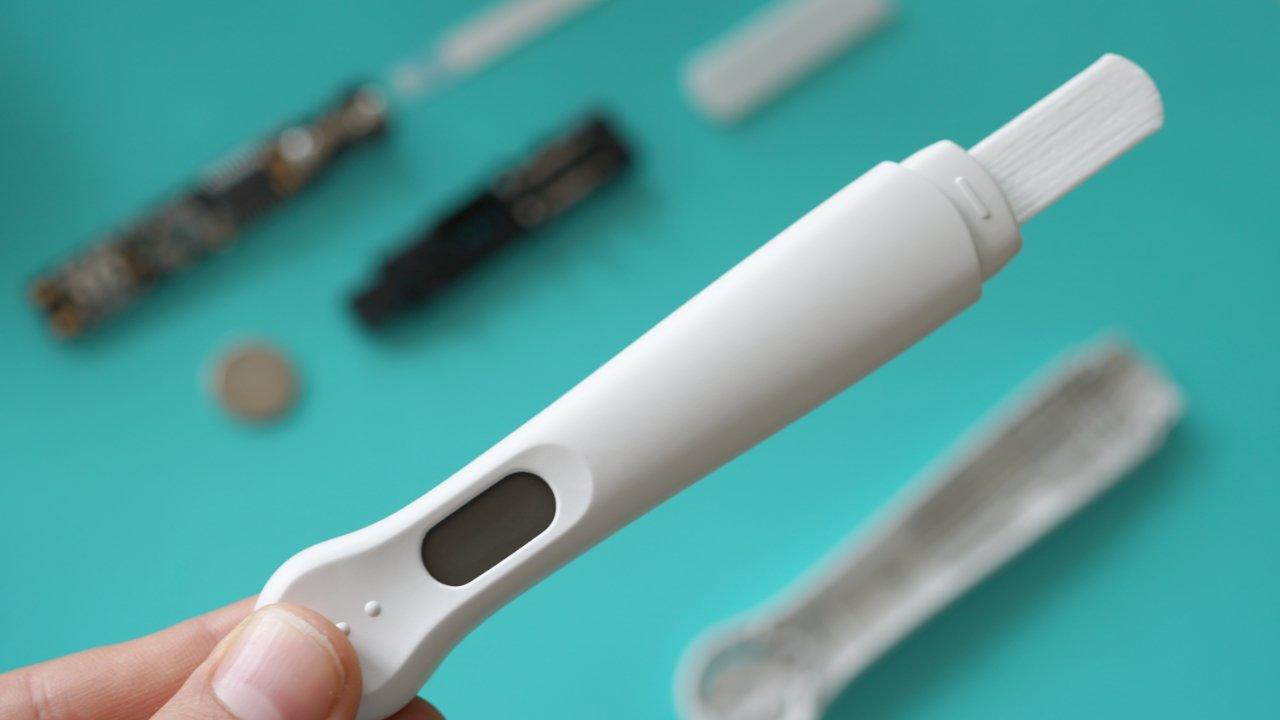
- Published2 September 2020
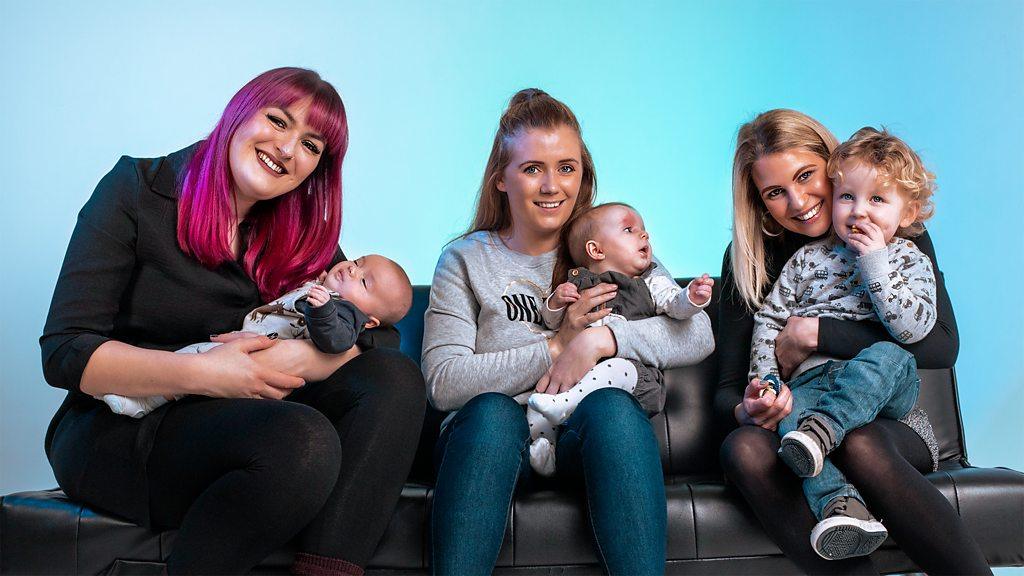
- Published4 September 2020
